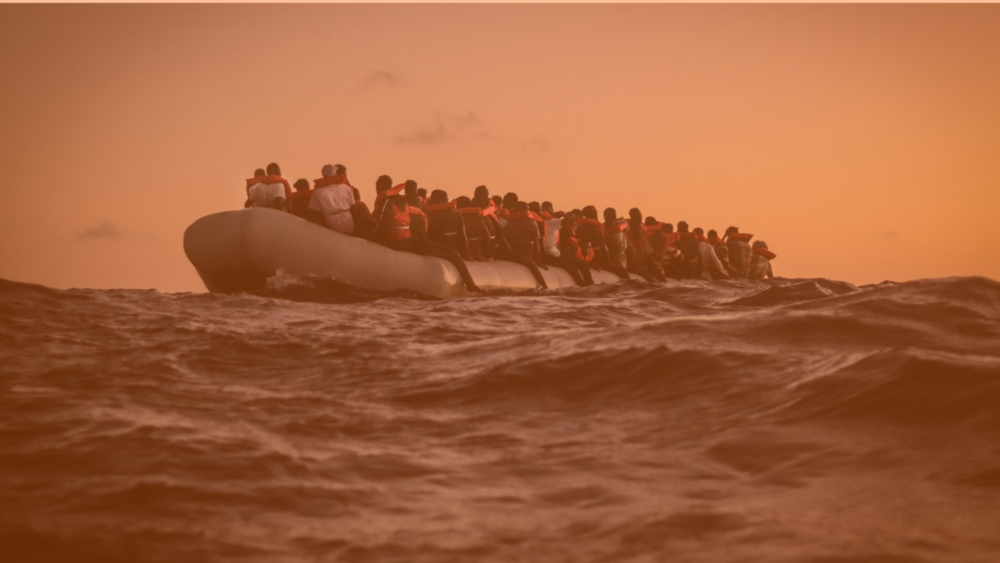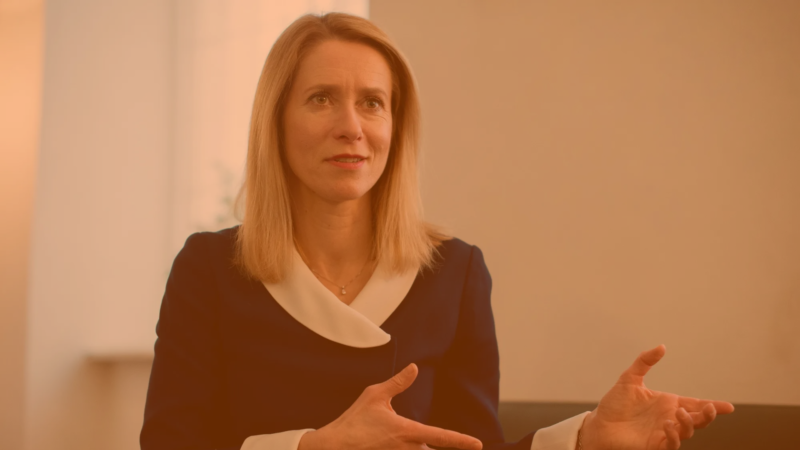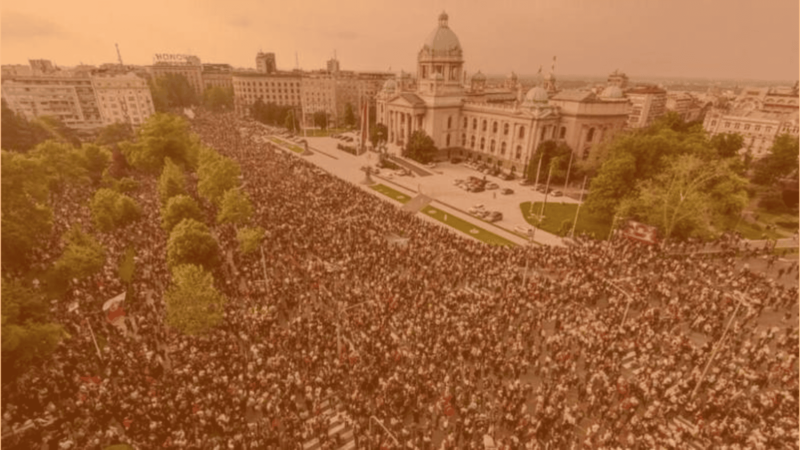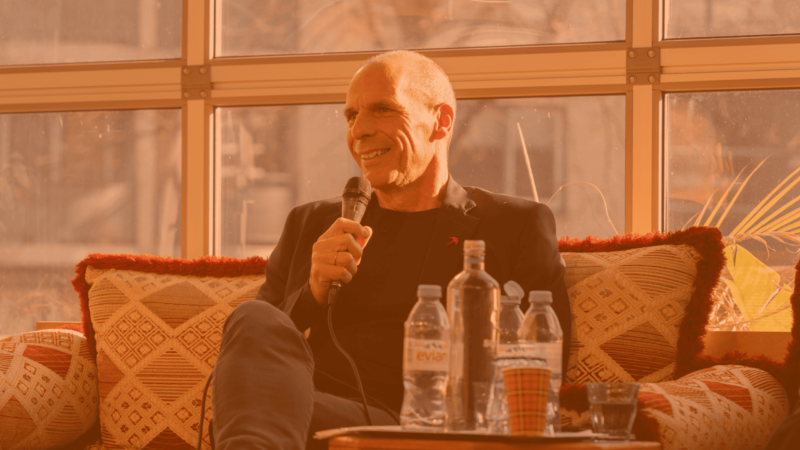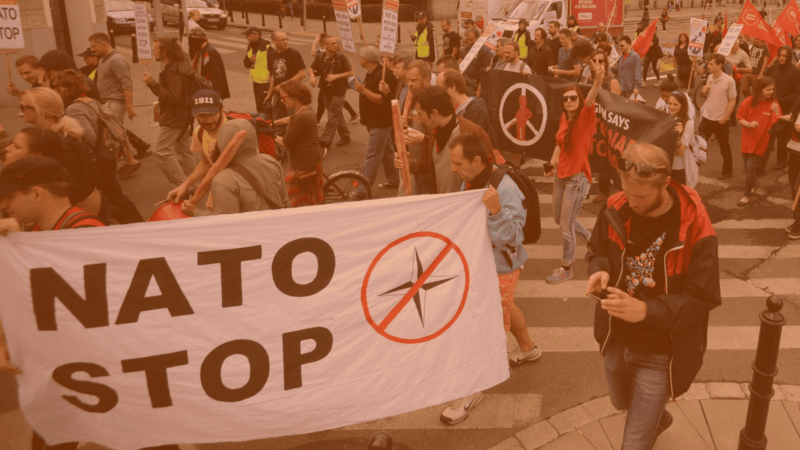Over a 110 million people have been forcibly displaced worldwide by conflicts, war and persecution with children making up over 40 percent of the world’s displaced population. The European Union’s migration policies have been blatantly racist, xenophobic and derogatory towards migrants and refugees of colour.
The EU’s liberal political establishment has been eroding the rights of migrants and refugees over the last decade, outsourcing human rights abuses to Tunisian, Libyan, Egyptian and Moroccan coastguards.
In exchange for large sums of money, these forces have been tasked with aggressively preventing refugees from reaching European shores. The EU’s financial and logistical support to authoritarian regimes not only perpetuates instability in the MENA region but also has lethal consequences for refugees attempting to cross the Mediterranean.
How the EU’s funding of authoritarian regimes fuels regional instability and the refugee crisis
The EU funnels billions of dollars into authoritarian regimes in the MENA region, which are notorious for detaining thousands of political prisoners, suppressing civil society, and perpetrating widespread human rights abuses to maintain their grip on power. Under the pretence of controlling refugee flows, the EU financially bolsters these oppressive governments, effectively endorsing and sustaining their authoritarian rule and creating a vicious cycle of forced displacement.
Egypt alone has secured a €7.4 billion agreement from the EU aimed at preventing refugees from reaching Europe. Meanwhile, Egypt holds 60,000 political prisoners, including activists, journalists, and civil society members who have dared to criticise the authoritarian regime.
A recent BBC investigation has revealed that Greek Coastguards have been ziptying refugees and throwing them into the sea. This harrowing incident is compounded by another tragedy last year, where a ship carrying 750 people capsized in the Mediterranean, resulting in the loss of 600 lives. Reports indicate a distressing 16-hour delay in rescue operations by the Greek coastguard and FRONTEX, despite their obligation to act.
Further human rights violations by the Italian coastguard consist of illegally redirecting refugees into Greek waters and forcibly returning them to Tunisia. The situation grows even grimmer with findings from Lighthouse Reports, which spotlight the Tarek Bin Zeyad militia, a dangerous group led by Saddam Haftar, son of Libyan warlord Khalifa Haftar. This militia, accused of unlawful killings, torture, and enslavement, has been actively returning refugees to Libya with implicit support from European authorities.
EU authorities collaborate with dangerous militias to enforce refugee pushbacks
The most damning evidence points to a coordinated effort between the European Border Agency (FRONTEX), Malta’s armed forces, and the Haftar militia. These entities are reportedly sharing coordinates of refugee boats to orchestrate pullbacks and prevent arrivals on European shores. Reports from refugees include allegations of abuse, torture, and even being shot at by militia members, resulting in casualties and fatalities.
Refugees who are forcibly returned to MENA countries frequently endure prolonged arbitrary detention and are exposed to severe human rights abuses. By enabling such practices, the EU not only perpetrates human rights violations but also contributes to the destabilisation of MENA nations, where civil liberties are already under attack by authoritarian regimes.
More than 30,000 people have died trying to reach fortress Europe in the last 10 years.
Survivors of perilous sea journeys relegated to Europe’s second-class refugee status
Europe has effectively created two classes of refugees: those who come from Ukraine are entitled to preferential treatment in policies, services and access to opportunities. While those from Africa, the Middle East, and other regions face stringent asylum procedures and risks of early deportation.
For example, Ukrainian refugees upon arrival in Germany, are eligible for “Bürgergeld” (citizen’s income), providing up to €563 per month along with health insurance, accommodation, and additional allowances for home furnishings and school supplies.
In contrast, non-Ukrainian refugees are relegated to the Asylum Seekers’ Benefits Act, receiving only basic necessities and about €150 in pocket money per month while confined to initial reception facilities for upto 18 months.
While the rise of right-wing forces is undeniably threatening refugee rights in Europe, the liberal politics of the last decade are complicit in their erosion.
The European asylum system is crumbling, and the remedy begins with acknowledging the pervasive issues of racism and white supremacy. The stark contrast in how European authorities handle refugees based on their origin is alarming. While buses are dispatched to welcome Ukrainian refugees, boats carrying hundreds of refugees from the MENA region are left to sink in the Mediterranean. This disparity reveals a troubling truth: refugees of color are deemed less worthy of rescue, their lives considered expendable.
European leaders, regardless of their political affiliations, sign deals with authoritarian regimes in the MENA region to curb “illegal immigration.” Their funding of authoritarianism implicates them in the human rights abuses perpetrated by these governments. The liberal political establishment has inadvertently paved the way for fascist and right-wing parties, normalising racism and xenophobia in the process.
The Mediterranean Sea, often referred to as the “world’s largest graveyard” symbolises the blatant disregard for human lives at Europe’s borders. This reality stands in stark contrast to the Nobel Peace Prize awarded to the European Union in 2012, and the human rights principles it claims to uphold globally.
European leaders, regardless of their political affiliations, sign deals with authoritarian regimes in the MENA region to curb “illegal immigration.” Their funding of authoritarianism implicates them in the human rights abuses perpetrated by these regimes. The liberal political establishment has inadvertently paved the way for fascist and right-wing parties, normalising racism and xenophobia in the process.
The reform of the European asylum system is long overdue and requires systemic changes that start at home. Abolishing FRONTEX, establishing safe pathways for refugees to come to Europe and a through reform of the asylum procedures should be first steps. Europe must acknowledge the inherent value of every human life, regardless of colour or origin, and manage migration responsibly rather than outsourcing the problem. These changes are essential for a just and humane asylum system that aligns with Europe’s professed commitment to human rights.
Do you want to be informed of DiEM25's actions? Sign up here





